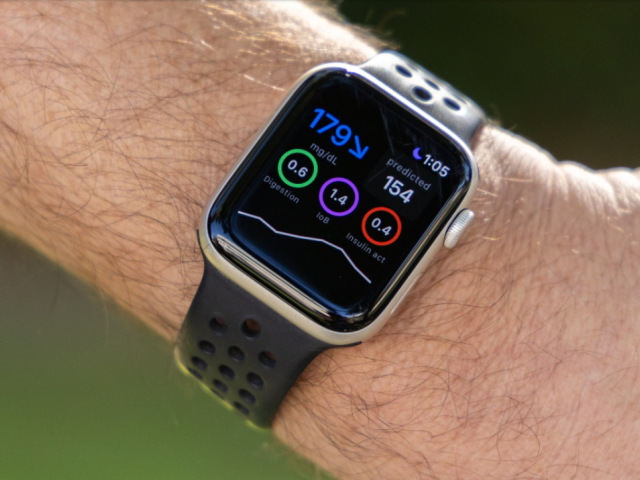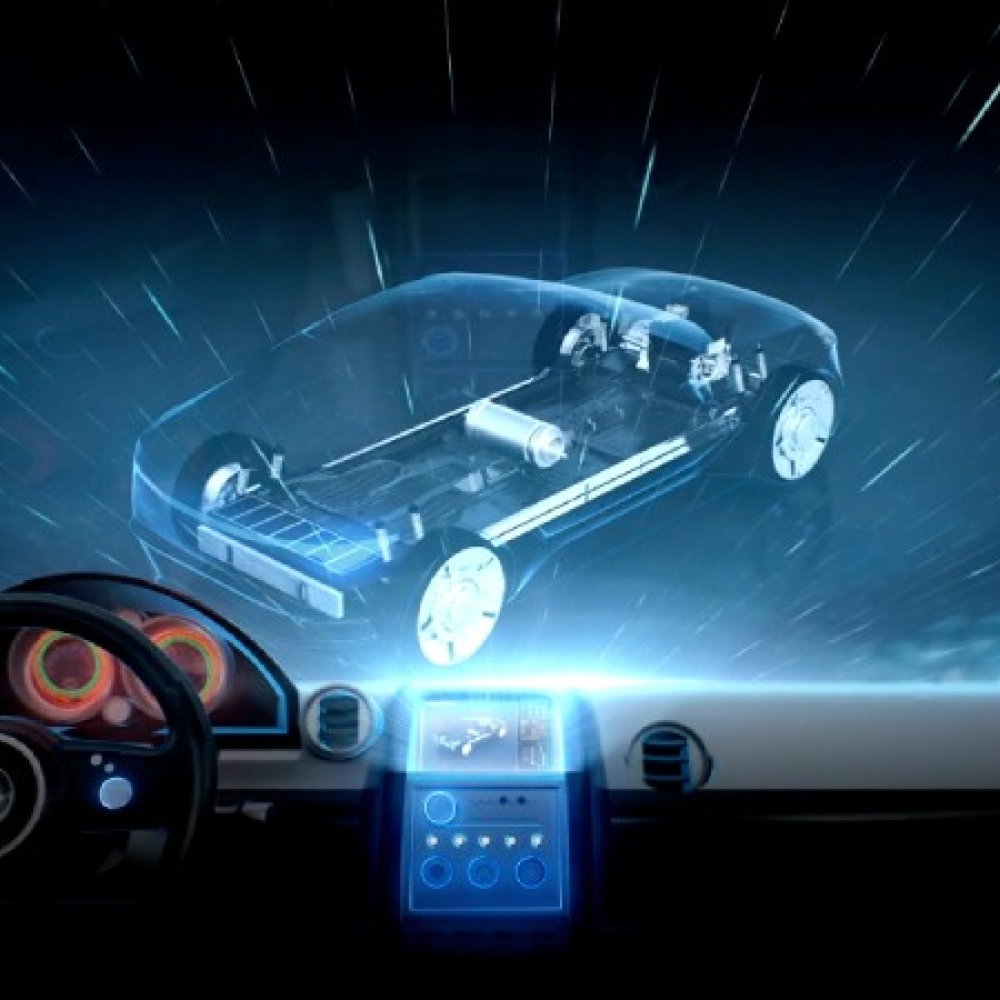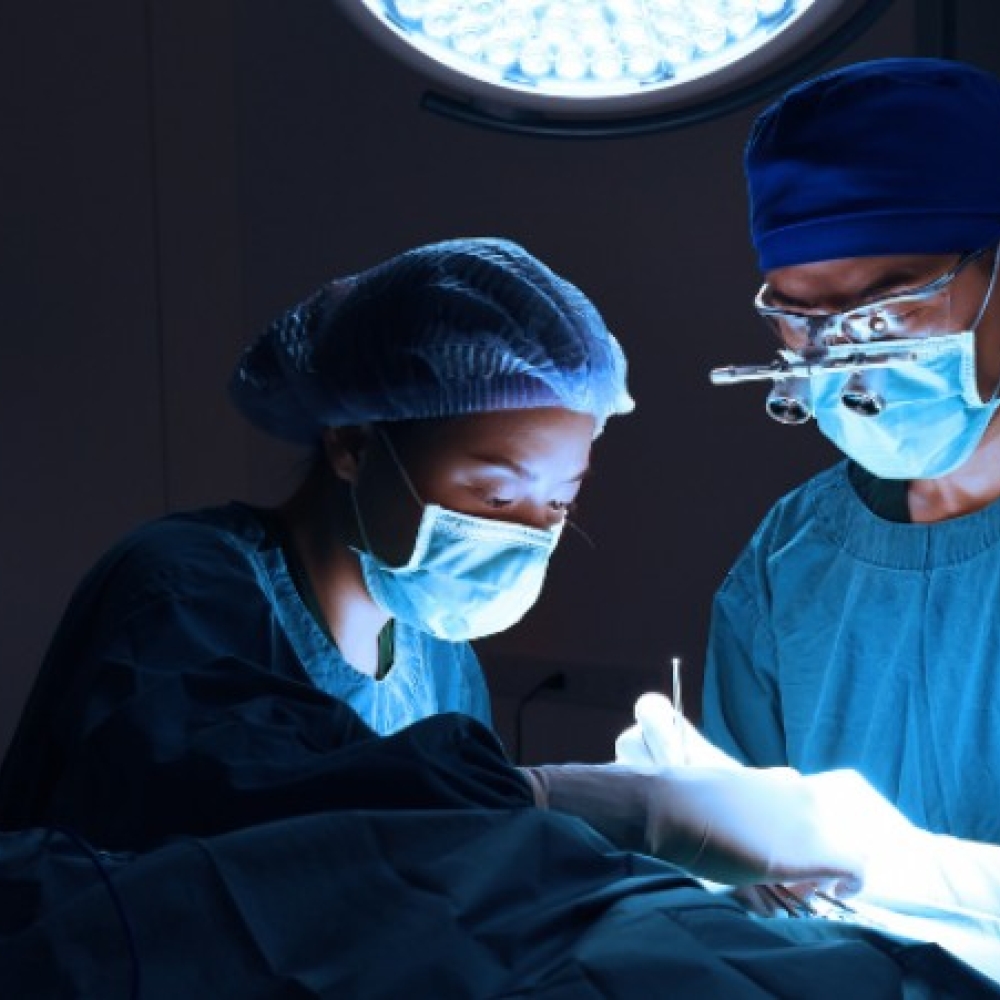We improve population health and healthcare through the development of advanced technologies, devices for personalized health monitoring and health informatics.
As we face the global health challenges of a growing and aging population, our ability to design bioinspired, bioresponsive and biologically integrated devices and therapeutics is evolving rapidly. From wearable monitors to advanced imaging technologies, from pandemic responses to regenerative medicine, we learn from humans to design treatments that improve the health of all.
With AI, a New “Metabolic Watchdog” Takes Diabetes Care from Burden to Balance
Sam King, associate professor of computer science, co-developed an AI-driven closed-loop insulin delivery system for diabetes management after becoming a parent of a child living with a chronic condition.
Research in Action
Bezos Earth Fund Grants $2M to UC Davis and American Heart Association to Advance AI-Designed Foods
Federal Contract for up to $40 Million Fuels Research to Revolutionize Clean Indoor Air and Defend Against Next Pandemic
A Stretchy Protein Senses Forces in Cells
Harnessing UC Davis’ Power of Collaboration
Advancing Human Health
- UC Davis Health and UC Davis School of Medicine serve a 65,000-square-mile area in Northern and Central California and offer some of the nation’s most prominent clinical research centers and programs, led by nationally and internationally renowned faculty
and research teams - UC Davis School of Veterinary Medicine is the nation’s top-ranked academic medical center, offering educational, research, clinical
and public service programs to advance the health of animals and people - Aggie Square hosts leading-edge research, innovative companies and startups—like the Tech Foundry, a design and prototyping center—to develop solutions in the areas of technology and life sciences, while providing inclusive teaching and training programs like our new master’s degree in medical device development
Engineering a better world calls for solutions of a different caliber, demanding innovation across disciplines using a design-centric approach.
We employ and develop intelligent systems and automation, tools at the nano-and-micro- scales and engineering for all that will revolutionize energy systems, strengthen climate resilience, advance human health and transform mobility to bring a sustainable, healthier and more resilient world within reach.









